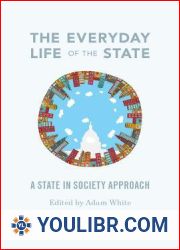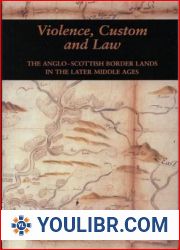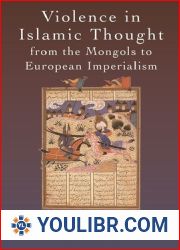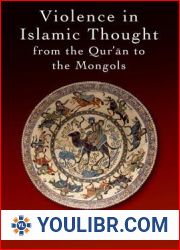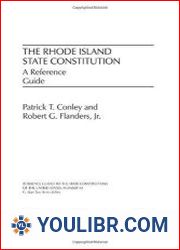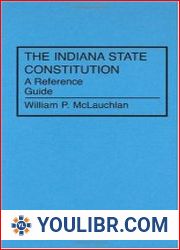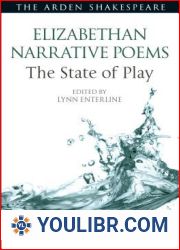
BOOKS - Collective and State Violence in Turkey: The Construction of a National Ident...

Collective and State Violence in Turkey: The Construction of a National Identity from Empire to Nation-State
Author: Stephan H Astourian
Year: August 1, 2020
Format: PDF
File size: PDF 3.6 MB
Language: English

Year: August 1, 2020
Format: PDF
File size: PDF 3.6 MB
Language: English

From the Ottoman Empire to the present-day Republic, Turkey has undergone significant changes, but one constant theme has persisted - the use of mass violence as a means to achieve national unity and solidarity. Through a series of case studies and historical reflections, the authors expose the disturbing continuities in Turkey's history of atrocities against various ethnic and religious groups, revealing how these acts of violence have contributed to the nation's self-perception and fueled its sense of identity. The book begins by examining the Ottoman Empire's decline and the rise of the Young Turk movement, which laid the groundwork for modern Turkey's national identity. The authors demonstrate how the construction of a Muslim-Turkish identity was achieved, in part, by designating internal enemies and directing public hatred towards them.
От Османской империи до современной республики Турция претерпела значительные изменения, но сохранялась одна постоянная тема - использование массового насилия как средства достижения национального единства и солидарности. Посредством серии тематических исследований и исторических размышлений авторы раскрывают тревожные преемственности в истории зверств Турции в отношении различных этнических и религиозных групп, раскрывая, как эти акты насилия способствовали самовосприятию нации и подпитывали ее чувство идентичности. Книга начинается с изучения упадка Османской империи и подъёма младотурецкого движения, заложившего основу для национальной идентичности современной Турции. Авторы демонстрируют, как удалось добиться построения мусульманско-турецкой идентичности, отчасти обозначив внутренних врагов и направив на них общественную ненависть.
De l'Empire ottoman à la République moderne, la Turquie a subi des changements importants, mais un thème permanent a été maintenu : l'utilisation de la violence de masse comme moyen de parvenir à l'unité et à la solidarité nationales. A travers une série d'études de cas et de réflexions historiques, les auteurs révèlent les successions troublantes de l'histoire des atrocités de la Turquie contre différents groupes ethniques et religieux, révélant comment ces actes de violence ont contribué à l'auto-représentation de la nation et nourri son sens de l'identité. livre commence par une étude du déclin de l'Empire ottoman et de la montée du mouvement des jeunes Turcs, qui a jeté les bases de l'identité nationale de la Turquie moderne. s auteurs montrent comment l'identité musulmane-turque a été construite, en partie en désignant les ennemis intérieurs et en orientant la haine publique vers eux.
Desde el Imperio otomano hasta la república moderna, Turquía experimentó cambios significativos, pero persistió un tema constante: el uso de la violencia masiva como medio para lograr la unidad nacional y la solidaridad. A través de una serie de estudios de casos y reflexiones históricas, los autores revelan continuaciones inquietantes en la historia de las atrocidades de Turquía contra diversos grupos étnicos y religiosos, revelando cómo estos actos de violencia contribuyeron a la autopercepción de la nación y alimentaron su sentido de identidad. libro comienza estudiando el declive del Imperio otomano y el auge del movimiento de los jóvenes turcos, que sentó las bases para la identidad nacional de la Turquía moderna. autores demuestran cómo se logró la construcción de una identidad musulmana-turca, designando en parte a los enemigos internos y dirigiendo el odio público hacia ellos.
Vom Osmanischen Reich bis zur modernen Republik hat die Türkei erhebliche Veränderungen erfahren, aber ein Dauerthema blieb bestehen - der Einsatz von Massengewalt als Mittel zur Erreichung der nationalen Einheit und Solidarität. Durch eine Reihe von Fallstudien und historischen Reflexionen decken die Autoren beunruhigende Kontinuitäten in der Geschichte der Gräueltaten der Türkei gegen verschiedene ethnische und religiöse Gruppen auf und zeigen, wie diese Gewalttaten zur Selbstwahrnehmung der Nation beigetragen und ihr Identitätsgefühl genährt haben. Das Buch beginnt mit einer Untersuchung des Niedergangs des Osmanischen Reiches und des Aufstiegs der jungtürkischen Bewegung, die den Grundstein für die nationale Identität der modernen Türkei legte. Die Autoren zeigen, wie es gelungen ist, eine muslimisch-türkische Identität aufzubauen, indem sie teilweise innere Feinde identifizierten und öffentlichen Hass auf sie richteten.
''
Osmanlı İmparatorluğu'ndan modern cumhuriyete kadar, Türkiye önemli değişikliklere uğradı, ancak sürekli bir tema devam etti - ulusal birlik ve dayanışmayı sağlamanın bir aracı olarak kitlesel şiddetin kullanılması. Bir dizi vaka çalışması ve tarihsel yansımalar yoluyla yazarlar, Türkiye'nin çeşitli etnik ve dini gruplara yönelik zulüm tarihindeki rahatsız edici süreklilikleri ortaya koyarak, bu şiddet eylemlerinin ulusun benlik algısına nasıl katkıda bulunduğunu ve kimlik duygusunu körüklediğini ortaya koymaktadır. Kitap, Osmanlı İmparatorluğu'nun çöküşü ve modern Türkiye'nin ulusal kimliğinin temelini oluşturan Jön Türk hareketinin yükselişi üzerine bir çalışma ile başlıyor. Yazarlar, bir Müslüman-Türk kimliğinin inşasının, kısmen iç düşmanları tespit ederek ve halkın nefretini onlara yönlendirerek nasıl başarıldığını göstermektedir.
من الدولة العثمانية إلى الجمهورية الحديثة، شهدت تركيا تغييرات كبيرة، ولكن استمر موضوع ثابت واحد - استخدام العنف الجماعي كوسيلة لتحقيق الوحدة الوطنية والتضامن. من خلال سلسلة من دراسات الحالة والتفكير التاريخي، كشف المؤلفون عن استمرارية مقلقة في تاريخ تركيا من الفظائع ضد مختلف الجماعات العرقية والدينية، وكشفوا كيف ساهمت أعمال العنف هذه في إدراك الأمة لذاتها وغذت إحساسها بالهوية. يبدأ الكتاب بدراسة انحدار الإمبراطورية العثمانية وصعود حركة ترك الشباب، التي وضعت الأساس للهوية الوطنية لتركيا الحديثة. ويبين أصحاب البلاغ كيف تحقق بناء هوية إسلامية تركية، وذلك جزئياً بتحديد الأعداء الداخليين وتوجيه الكراهية العامة إليهم.







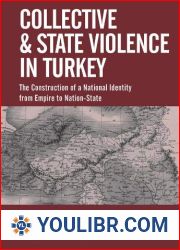
















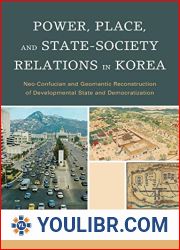
![Organismic theories of the state : nineteenth century interpretations of the state as organism or as person by F.W. Coker. 1967 [Leather Bound] Organismic theories of the state : nineteenth century interpretations of the state as organism or as person by F.W. Coker. 1967 [Leather Bound]](https://youlibr.com/img/6/686641_oc.jpg)
